A developer recreates the iconic BART platform arrival display using an ESP32-C6 microcontroller and vintage-inspired OLED components, solving real-time transit data challenges through custom middleware. This DIY project blends hardware hacking, 3D printing, and API integration to bring subway nostalgia to the desktop.
For Bay Area commuters, the distinctive red character displays on BART platforms are icons of daily transit life—often temperamental but deeply familiar. One developer channeled this love-hate relationship into an ambitious DIY project: a miniature real-time BART arrival display for their workspace that captures the essence of the original signage.
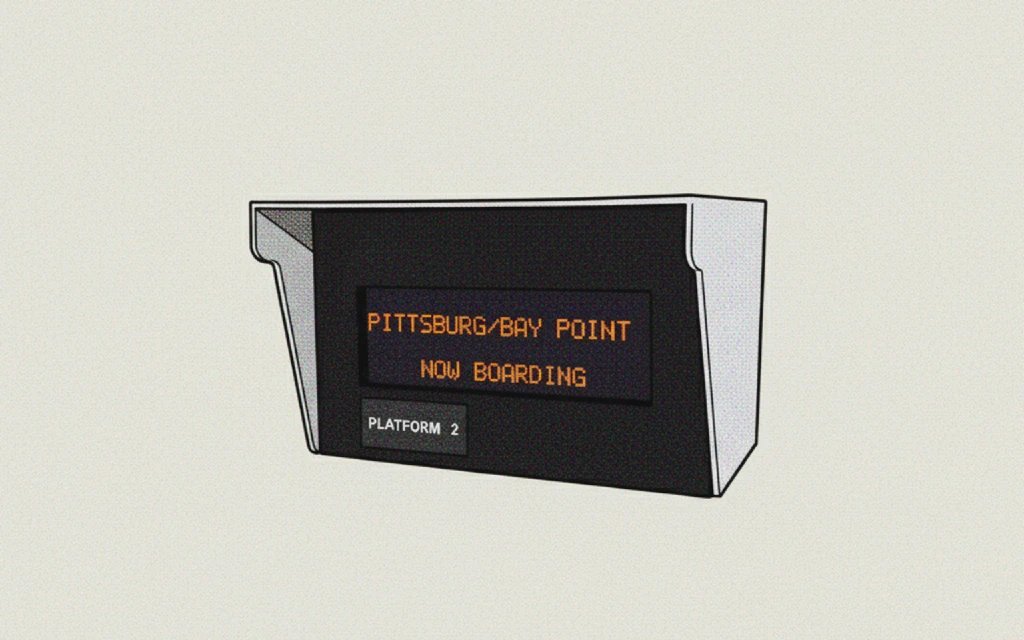 The completed display mimics vintage BART platform aesthetics (Credit: filbot.com)
The completed display mimics vintage BART platform aesthetics (Credit: filbot.com)
Hardware with Vintage Vibes
The core challenge was finding components that evoked the original BART display's character. The solution came in the form of a red 20x4 OLED character module from BuyDisplay, chosen specifically for its retro appearance. Paired with a Seeed Studio XIAO ESP32-C6 for Wi-Fi connectivity and a SparkFun logic level converter, the electronics were soldered onto perfboard to create a modular "cartridge" that slots directly into the display.
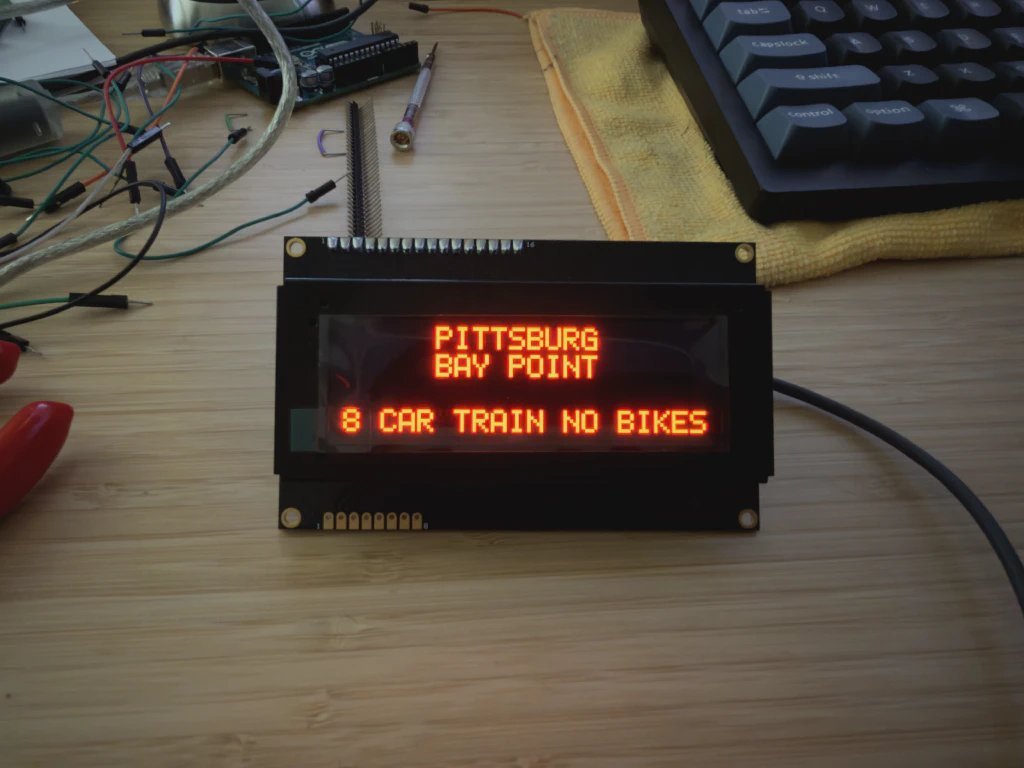 Testing the red OLED display during development (Credit: filbot.com)
Testing the red OLED display during development (Credit: filbot.com)
Smarter Data Handling
Instead of overwhelming the ESP32 with raw GTFS Realtime data feeds (a complex transit data specification co-developed by Google), the creator built a custom middleware service. This intermediary processor fetches BART's API data, extracts only essential arrival information, and serves a simplified JSON endpoint to the ESP32. This architectural decision dramatically reduced the microcontroller's processing load while maintaining real-time accuracy.
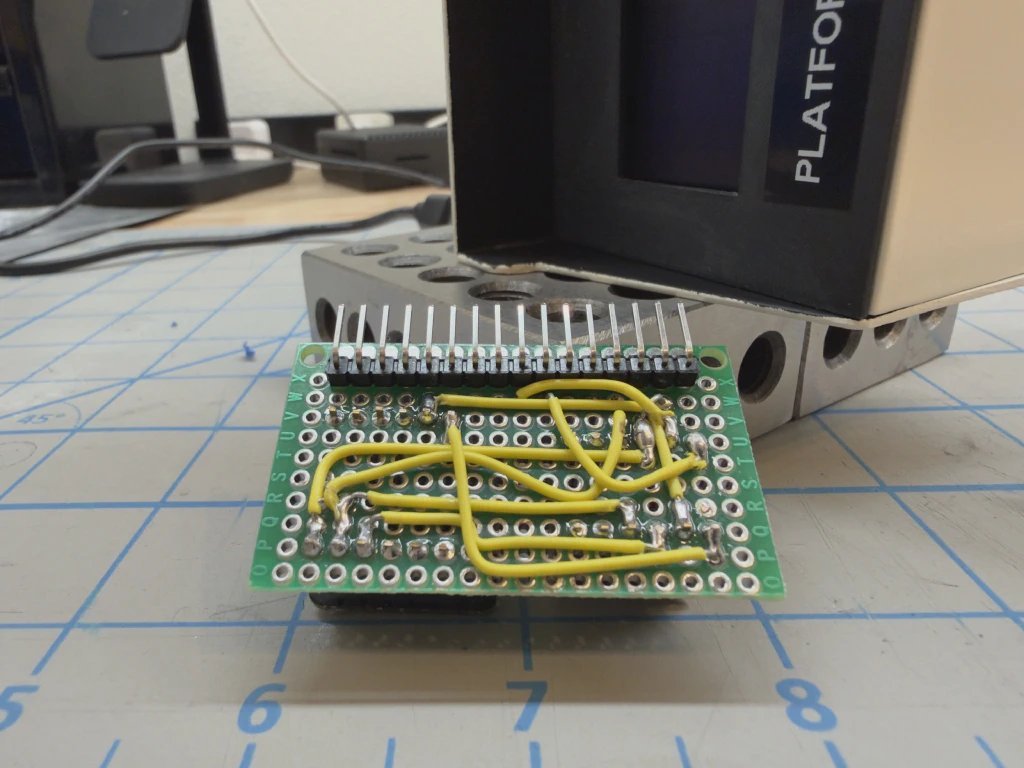 Perfboard assembly showing ESP32 and level shifter wiring (Credit: filbot.com)
Perfboard assembly showing ESP32 and level shifter wiring (Credit: filbot.com)
Physical Embodiment
3D-printed housing completed the illusion, with meticulous post-processing and paint matching the platform signs' industrial aesthetic. Authentic touches included adhesive labels replicating signage from the original manufacturer and specific station identifiers—created using a classic Brother label maker.
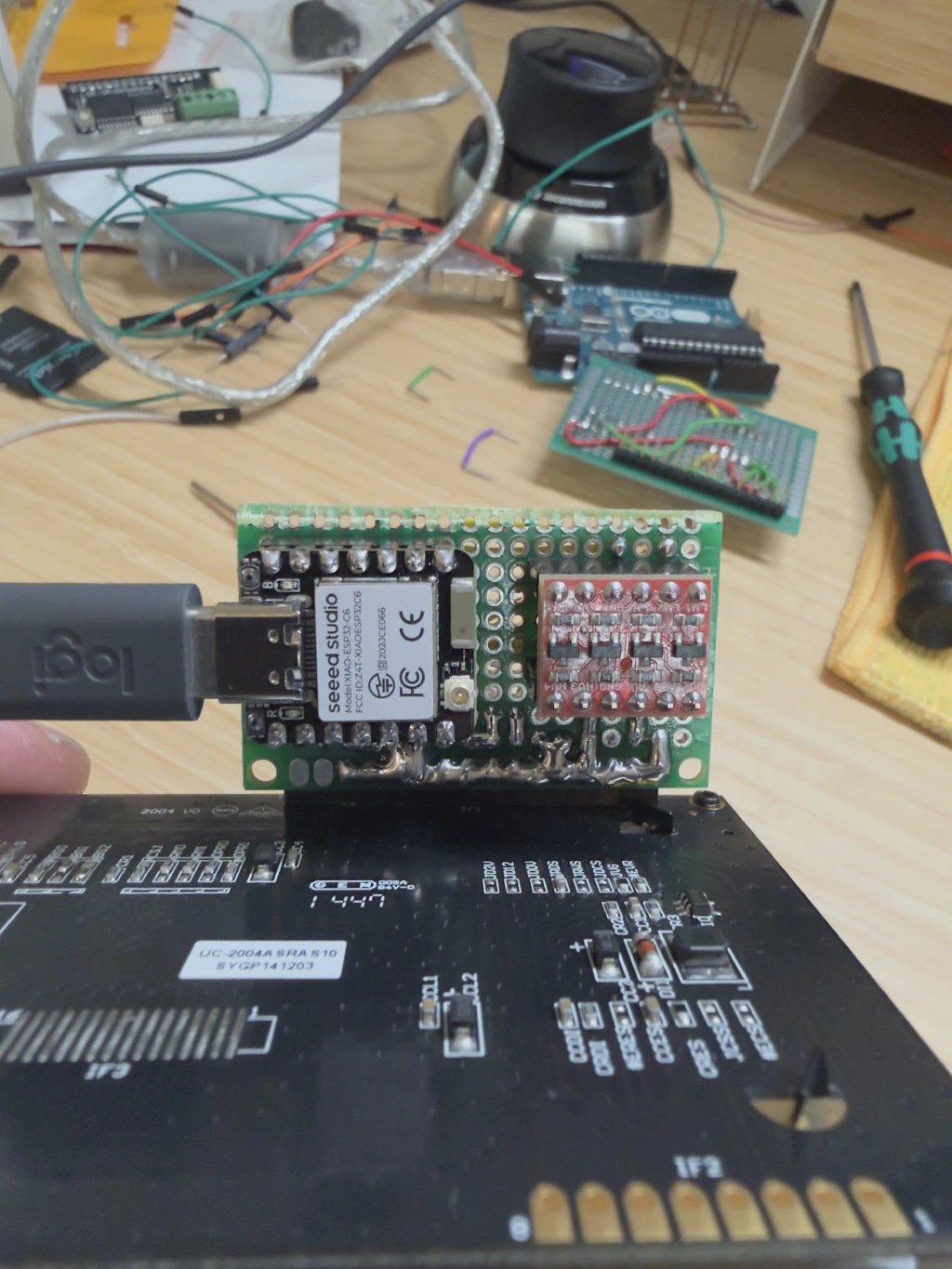 Modular electronics assembly sliding into the 3D-printed enclosure (Credit: filbot.com)
Modular electronics assembly sliding into the 3D-printed enclosure (Credit: filbot.com)
The final device, mounted under a shelf, displays upcoming trains, time, and even BART's signature safety messages ("Stay behind the yellow line"). By combining embedded systems design with API wrangling and nostalgic industrial design, this project transforms routine transit data into a tangible artifact of Bay Area culture—proving that sometimes the most compelling tech solutions speak to our emotional connections as much as our practical needs.
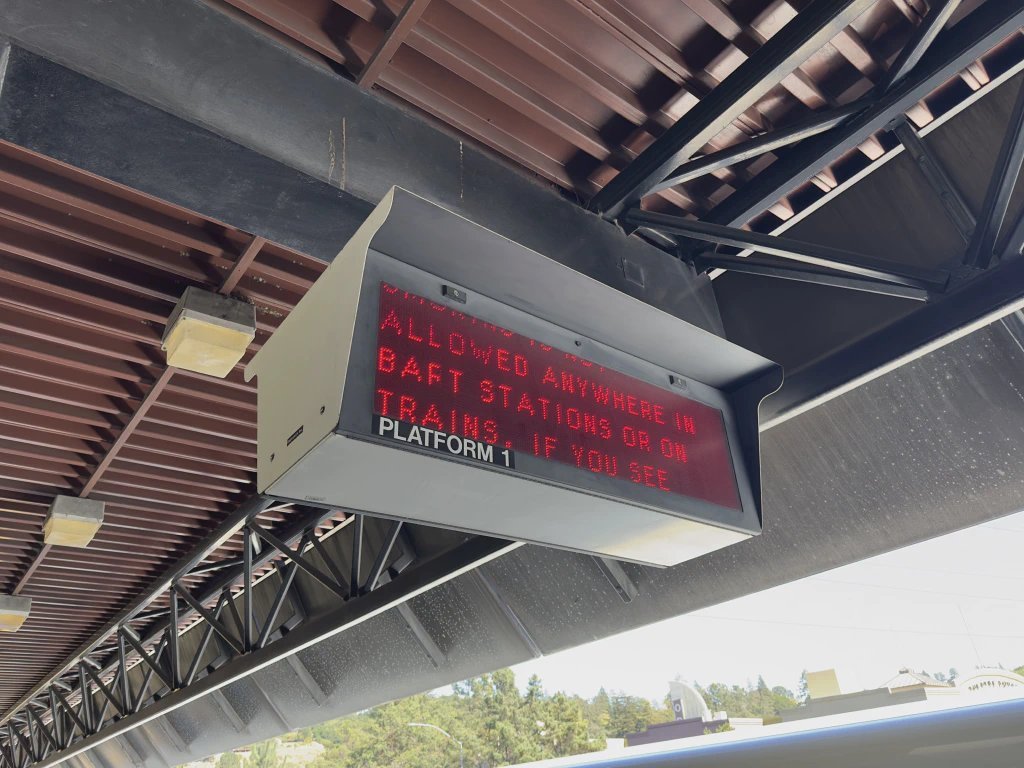 Real BART platform sign at Orinda station for comparison (Credit: filbot.com)
Real BART platform sign at Orinda station for comparison (Credit: filbot.com)
Source: Real-time BART Arrival Display by filbot
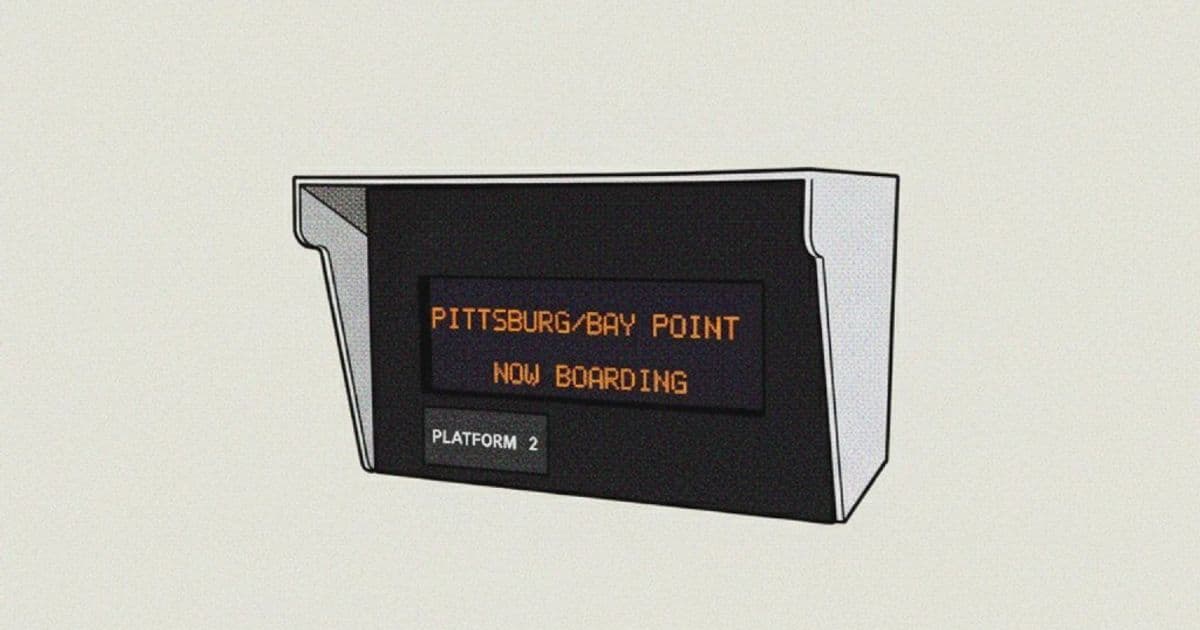
Comments
Please log in or register to join the discussion